December 30th stands as a day etched with diverse and significant events in the annals of history. From medieval battles that altered nations to groundbreaking scientific revelations and pivotal political shifts, each moment has contributed to shaping the world as we know it. In this blog titled “Major Historical Events on December 30 – Today in History,” we journey through time to uncover the events that mark this day as a cornerstone of historical change and human progress.
Major Historical Events on December 30 – Today in History
1460: Wars of the Roses – Battle of Wakefield
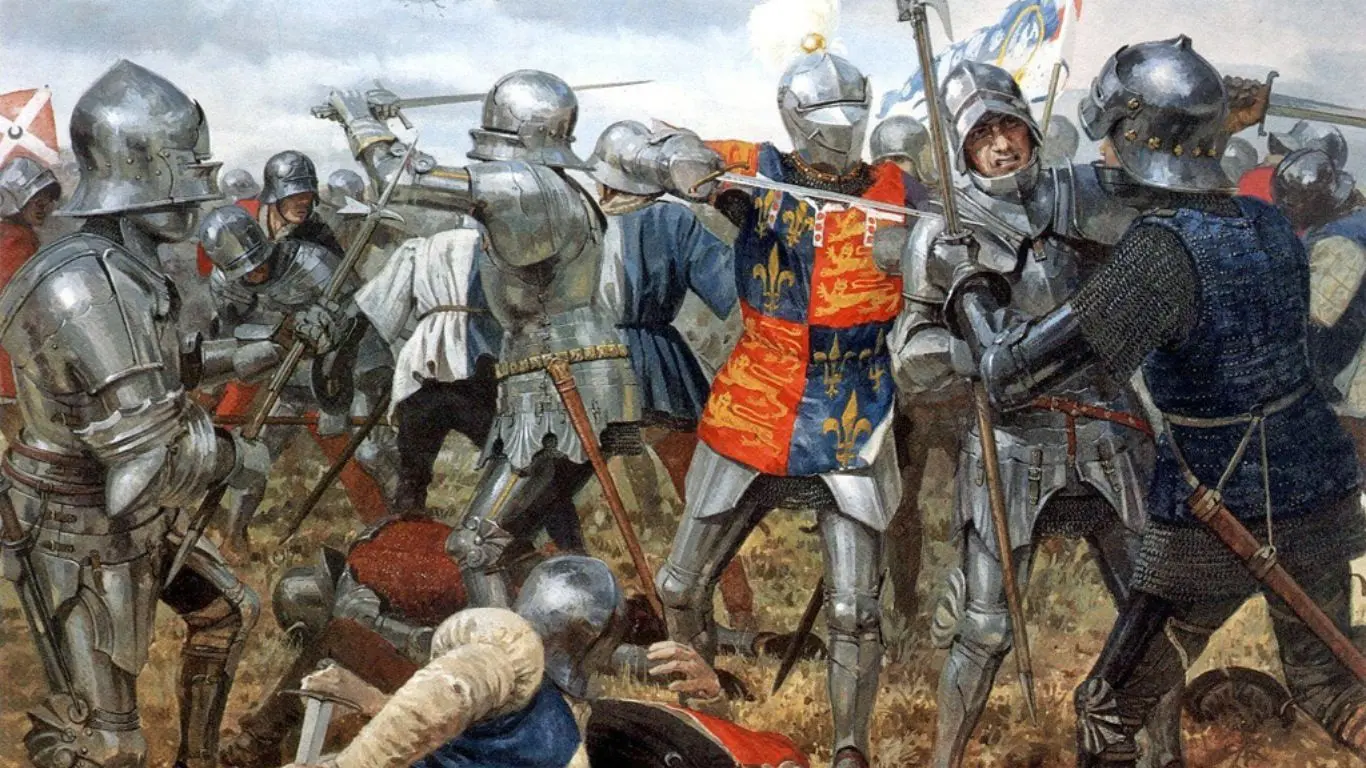
The Duke of York is killed, and his forces are defeated by King Henry VI’s army. This pivotal battle significantly impacted the power struggle during the Wars of the Roses, influencing the English throne’s succession.
1610: The Arrest of Elizabeth Báthory
Elizabeth Báthory, a Hungarian noblewoman, is arrested for the suspected murder and torture of hundreds of young women. Her gruesome legend has horrified and fascinated the world for centuries.
1626: Peace of Pressburg
The Peace of Pressburg is signed, ending a rebellion against the Hapsburgs. This treaty significantly shifted power dynamics within the Holy Roman Empire and the region.
1731: Early Music Concert in North America
Boston hosts one of North America’s earliest music concerts, indicating the growing cultural scene in the American colonies and the importance of music in colonial society.
1816: The Treaty of St. Louis
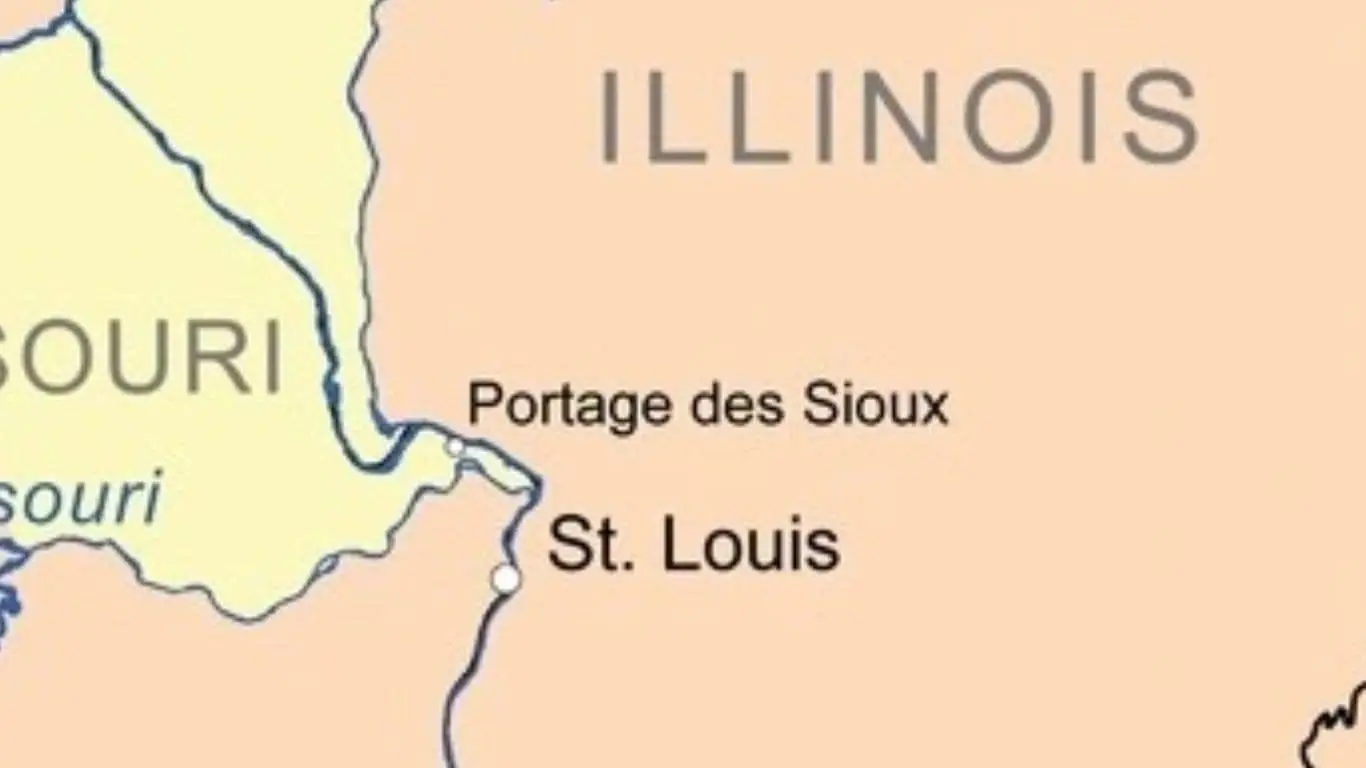
This significant treaty involved Native American tribes ceding large parts of the Midwest to the U.S. government, drastically altering the American landscape and indigenous peoples’ lives.
1853: Iguanodon Dinner Party
A unique Victorian-era event where scientists dined inside a life-sized Iguanodon sculpture, symbolizing the era’s fascination with dinosaurs and the early days of paleontology.
1884: Formation of the Socialist League
The Socialist League, a revolutionary socialist organization, is founded in the UK by notable figures like William Morris and Eleanor Marx, advocating for a radical shift in British society and economy.
1888: Order of the African Star Established
King Leopold II of Belgium establishes this order to recognize services in the Congo, a move intertwined with the dark history of colonial exploitation in Africa.
1892: First Black Medical Journal Published
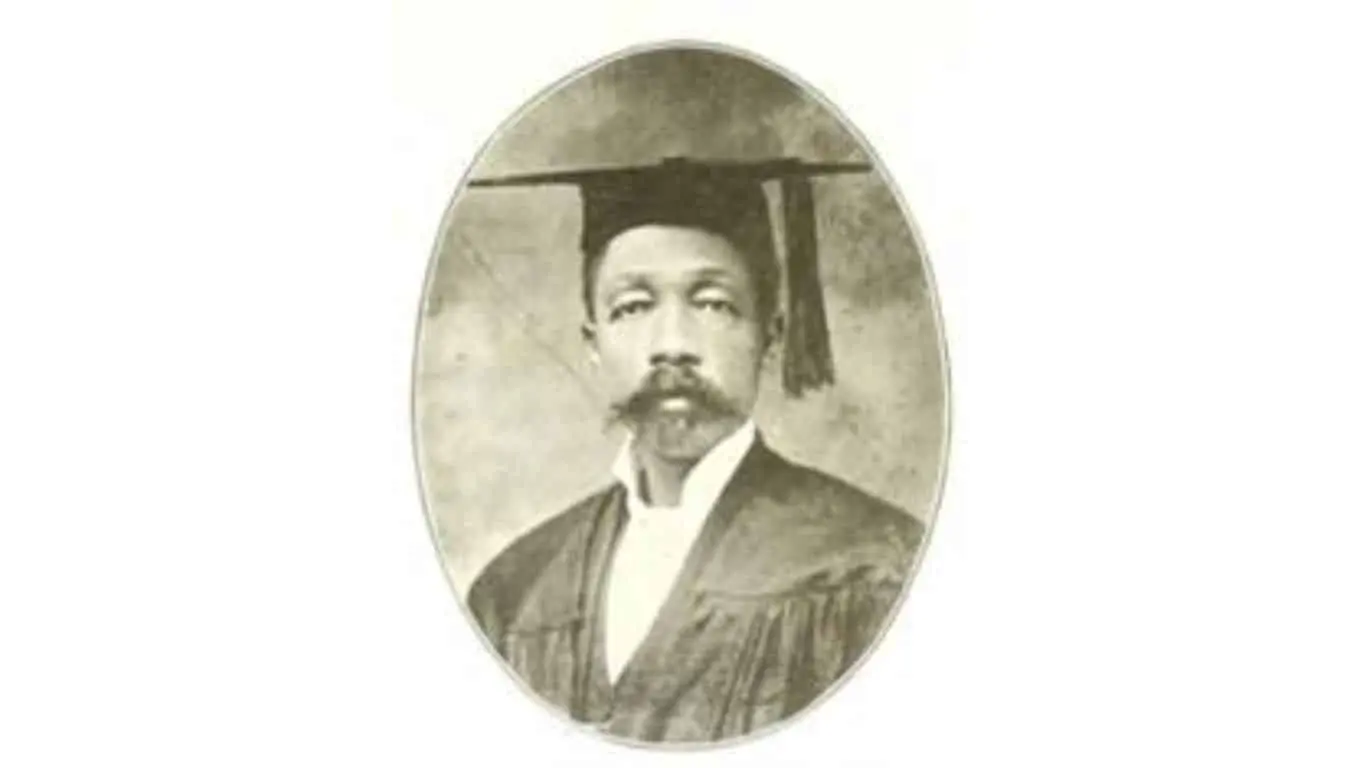
Dr. Miles V Lynk’s publication marks an important step for African American representation in the medical field, offering a platform for voices and issues often overlooked.
1893: Russia-France Military Accord
This military alliance between Russia and France was a significant move in the pre-World War I European power balance, countering the Triple Alliance’s threat.
1903: Founding of the American Political Science Association
This association’s founding marked an institutionalization of political science in the U.S., promoting scholarly research and discussion in politics and government.
1906: Constitutional Monarchy in Iran and All India Muslim League Founding
Iran’s transition to a constitutional monarchy marks a major shift towards modern governance, while the All India Muslim League’s founding sets the stage for India’s future independence and partition.
1922: Formal Proclamation of the USSR
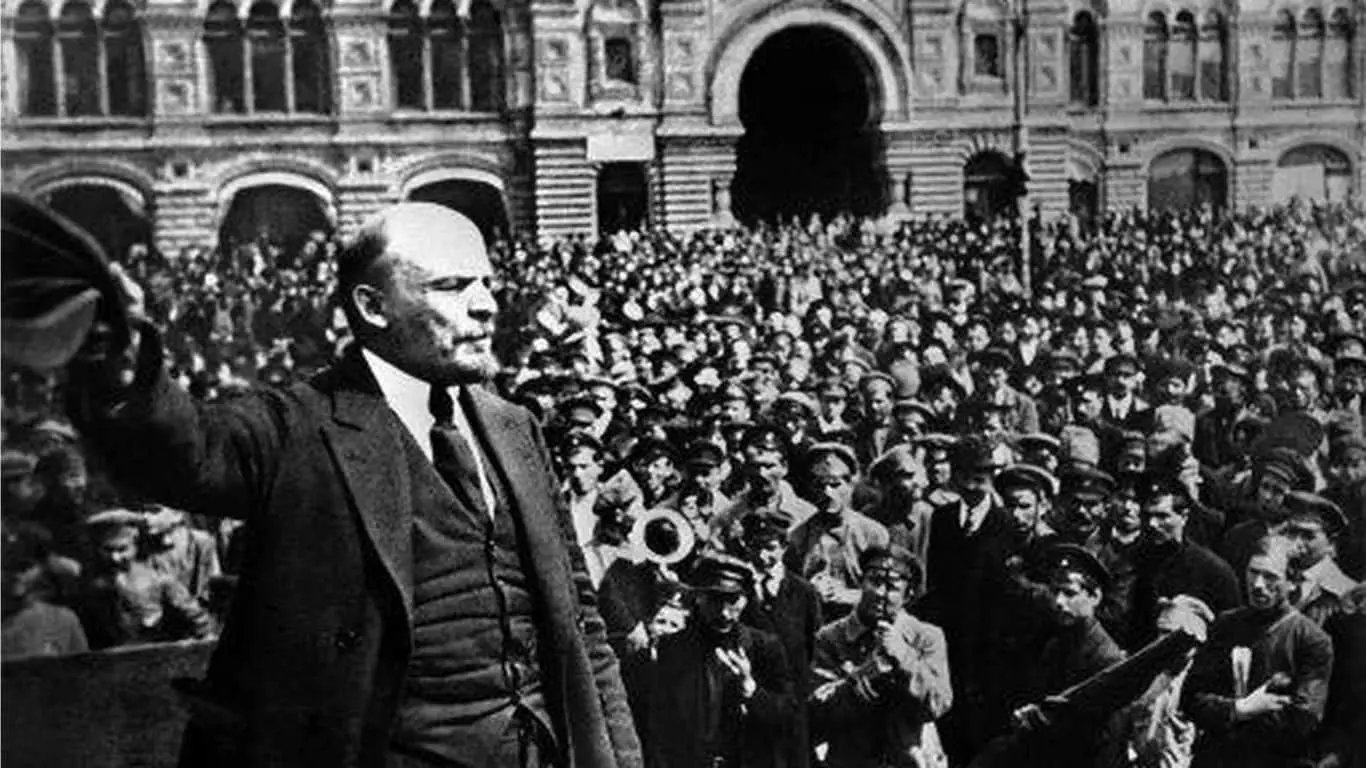
The USSR’s formation reshaped global politics for the 20th century, creating a communist superpower with profound implications for international relations and internal governance.
1924: Hubble Announces Existence of Other Galactic Systems
Edwin Hubble’s announcement revolutionized our understanding of the universe, confirming that myriad galaxies exist beyond the Milky Way.
1941: Churchill’s Speech and Photograph
Churchill’s rousing speech reaffirms Britain’s resolve against Nazi Germany, and the “Roaring Lion” photograph captures his defiant spirit, becoming an iconic image of World War II.
1943: Subhash Chandra Bose Raises Indian Independence Flag
Bose’s act was a significant symbol of the Indian independence movement’s resolve, challenging British rule and inspiring many to the cause.
1944: Greek Monarchical Changes
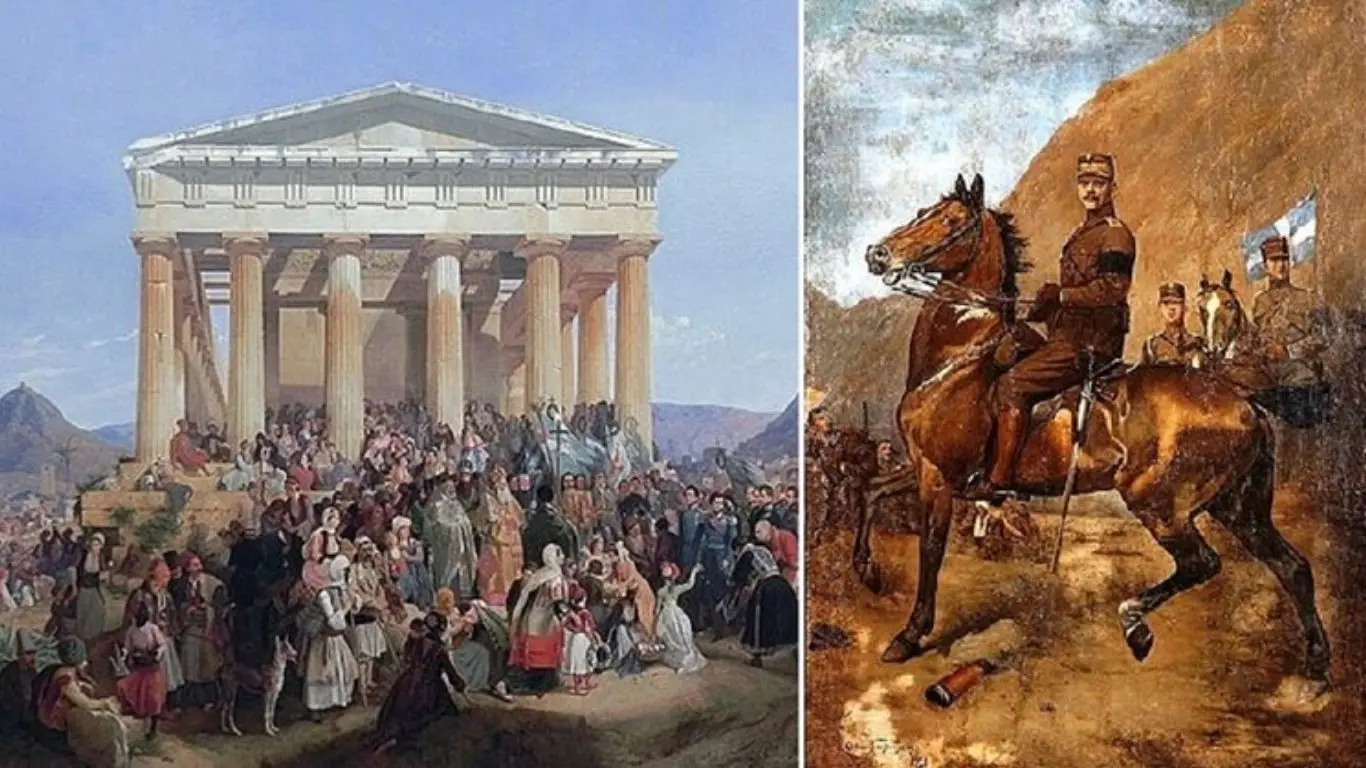
The abdication and appointment of a regent reflect the instability in Greece during World War II and the complex political landscape that followed.
1947: Romanian Political Shifts
King Michael’s abdication under Communist pressure and the proclamation of a republic are pivotal moments in Romania’s transition from monarchy to a communist state.
1949: India Recognizes People’s Republic of China
This diplomatic recognition is an early indicator of the non-aligned path India would take in the Cold War and its complex relationship with neighboring China.
1950: Independence for Vietnam, Laos, and Cambodia
These declarations of independence from French colonial rule mark the beginning of a new, tumultuous era for Indochina, leading to decades of conflict and transformation.
1957: Israeli Government Resignation
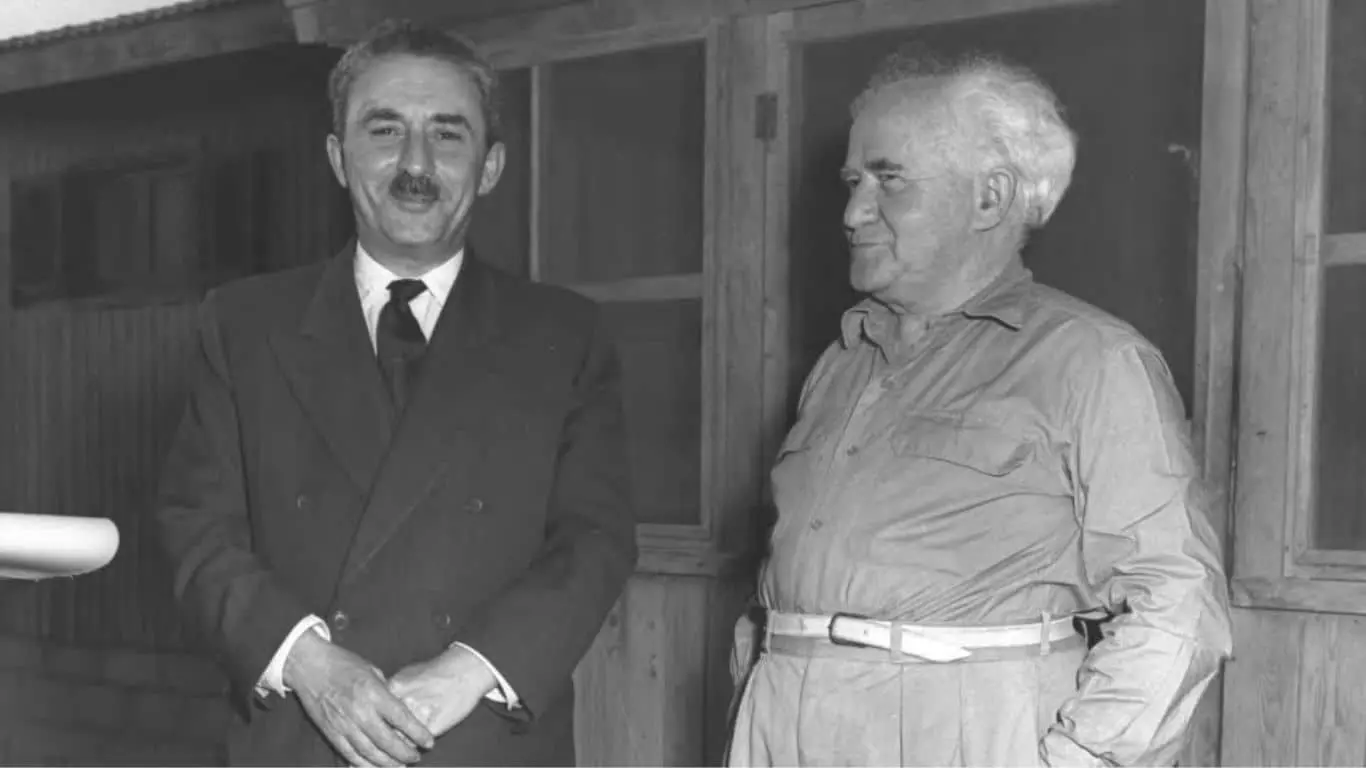
Ben-Gurion’s resignation reflects the dynamic and often turbulent nature of Israeli politics and the challenges faced in the young state’s early years.
1958: French Franc Devaluation
This economic move reflects the challenges faced by France in maintaining its colonial empire and managing post-war economic recovery.
1963: Kennedy Half Dollar Authorized
The authorization of this coin was a tribute to the assassinated President John F. Kennedy, reflecting the nation’s mourning and veneration of the fallen leader.
1965: Ferdinand Marcos Inauguration
Marcos’ inauguration begins a long and controversial presidency in the Philippines, marked by martial law and significant political turmoil.
1974: The Beatles’ Legal Disbandment
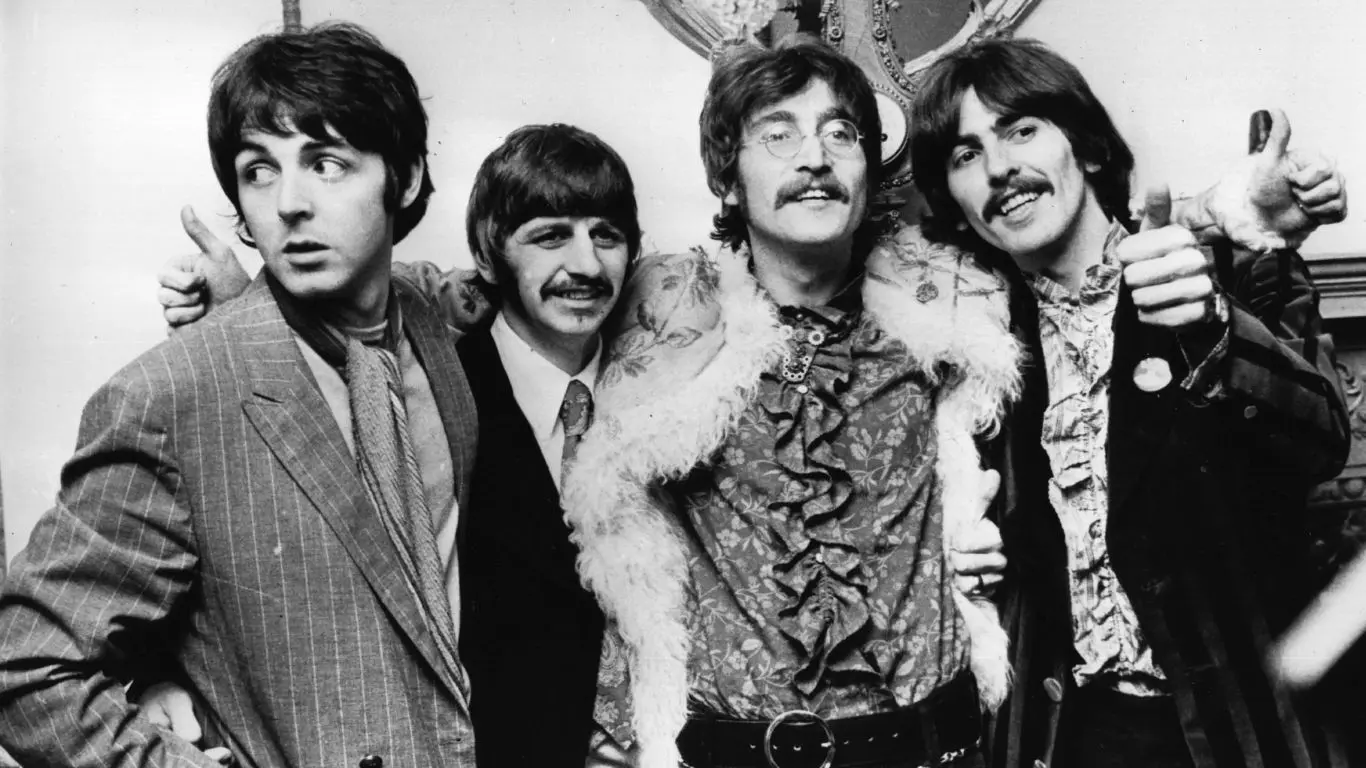
The legal dissolution of The Beatles marks the end of an era in music history and the beginning of the members’ solo careers, each influential in its own right.
1985: Pakistan Restores Constitution
The restoration of the constitution marks an important moment in Pakistan’s political history, reflecting the ongoing struggle between democratic and authoritarian forces.
1987: Robert Mugabe Elected President of Zimbabwe
Mugabe’s election begins a long, complex presidency marked by both achievements and human rights abuses, significantly impacting Zimbabwe’s history.
1996: Protests in Israel
The massive protests reflect widespread discontent with Netanyahu’s economic policies and the deep divisions within Israeli society.
1997: Wilaya of Relizane Massacres
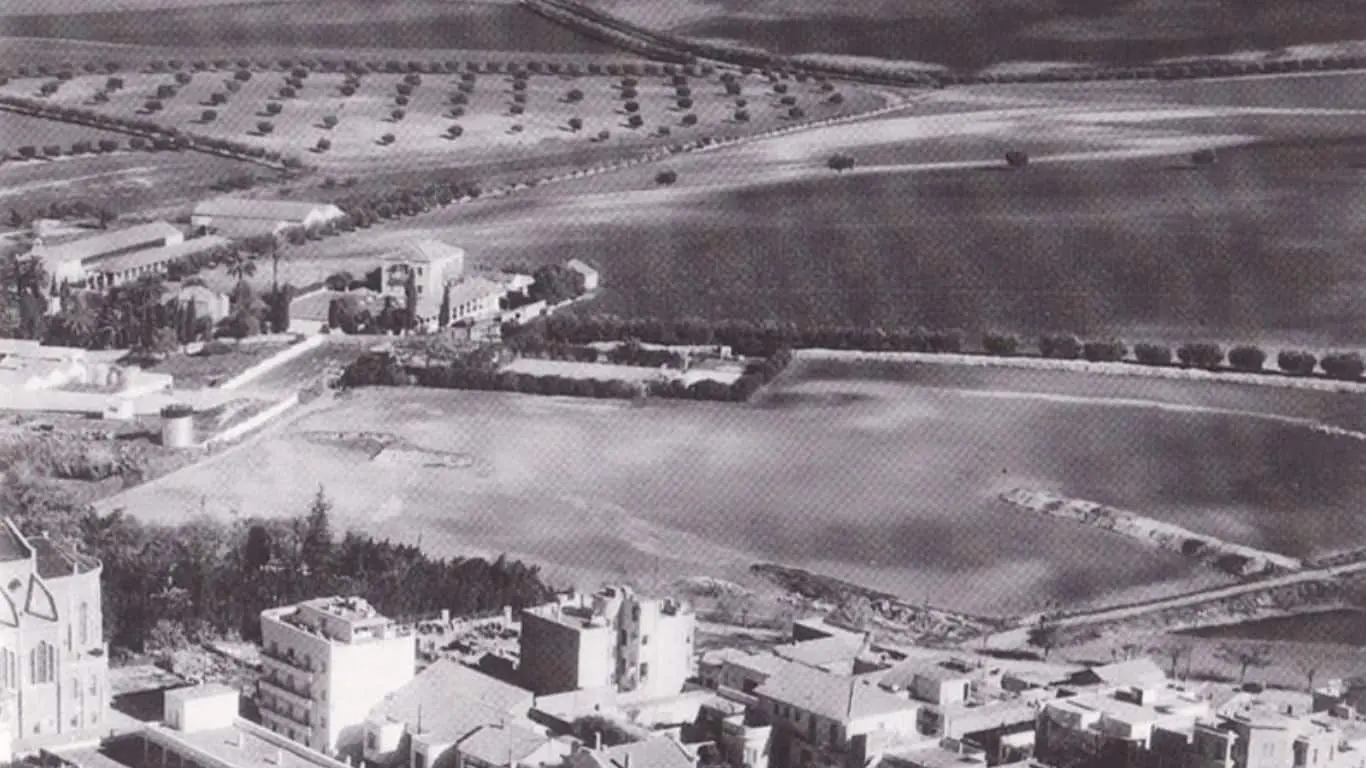
This horrific event is one of the most brutal in the Algerian Civil War, reflecting the deep violence and instability that gripped the country.
2006: Madrid Barajas International Airport Bombing
This terrorist attack marks a moment of tragedy and fear in Spain, reflecting the broader challenges of terrorism faced by countries worldwide.
2012: Beijing Subway Expansion
This expansion makes Beijing’s subway the world’s longest, reflecting China’s rapid urbanization and growth as a global superpower.
2016: Ray Davies Knighted and Indian Currency Measures
Ray Davies’ knighthood honors his musical contributions, while India’s currency measure reflects a bold, controversial move to combat corruption.
2020: Argentina Legalizes Abortion
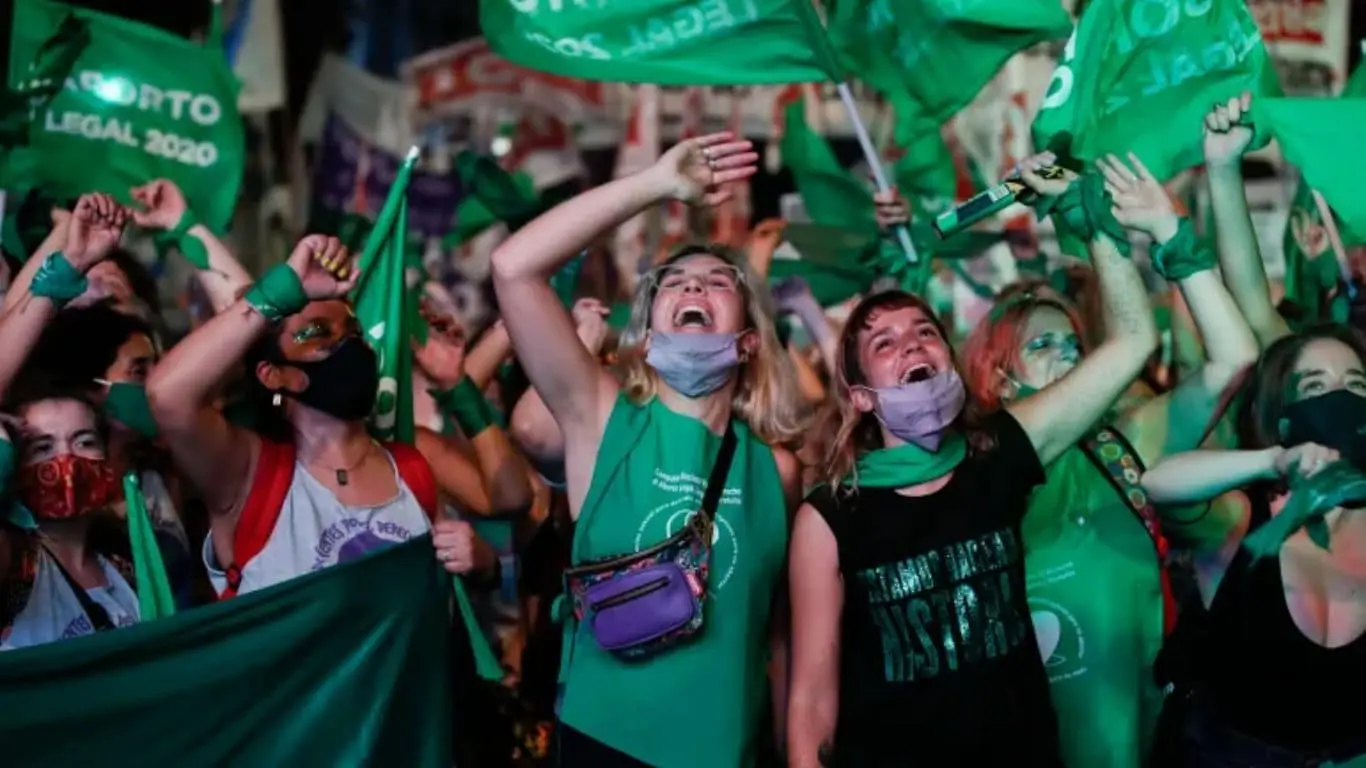
Argentina’s legalization marks a significant shift in reproductive rights in Latin America, reflecting broader social and political changes in the region.
2021: Colorado Wildfire
This devastating wildfire reflects the increasing impact of climate change on natural disasters, posing challenges for disaster response and environmental policy.
2022: Brian May Receives Knighthood
Brian May’s knighthood recognizes his contributions to music and charity, marking a high point in the celebrated musician and astrophysicist’s career.
Also Read: Major Historical Events on December 28 – Today in History



